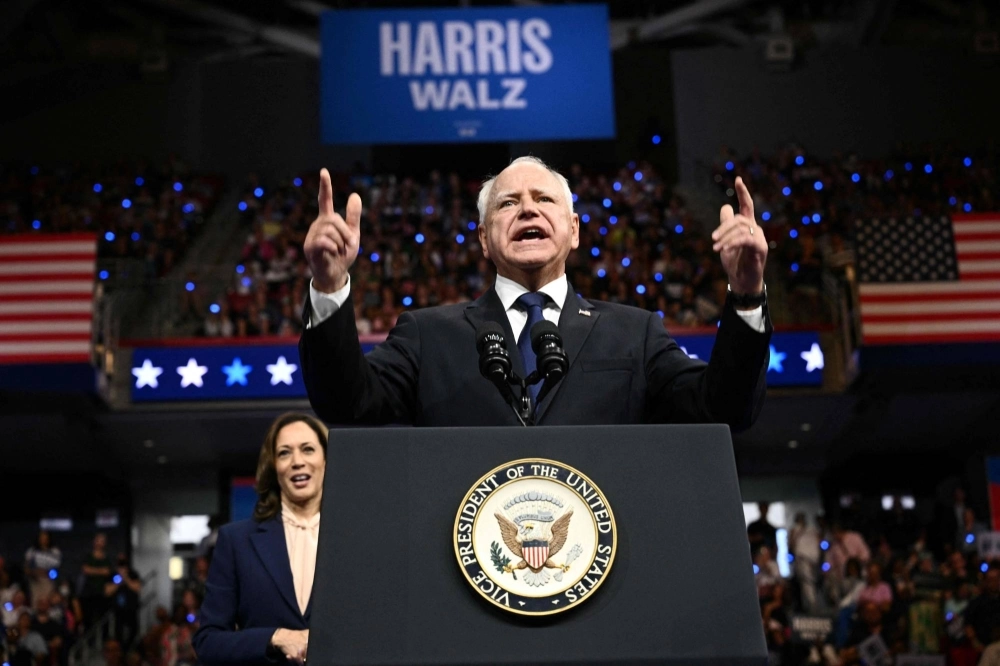Newly minted Democratic vice presidential candidate Tim Walz, a former congressman and current Minnesota governor little-known on the national stage, will bring deep experience with China issues to the ticket below Vice President Kamala Harris.
Although the White House race against former President Donald Trump, the Republican nominee, and his VP pick, Sen. J.D. Vance, has largely focused on domestic issues, China is certain to remain the United States’ top strategic priority no matter who wins on Nov. 5.
If voters deliver Harris to the White House, she would have in Walz a rare deputy who has relatively extensive knowledge of the Asian economic and military powerhouse — with George H.W. Bush, a former U.S. envoy to Beijing in the mid-1970s, the last person on a presidential ticket to have actually lived in China.

















With your current subscription plan you can comment on stories. However, before writing your first comment, please create a display name in the Profile section of your subscriber account page.